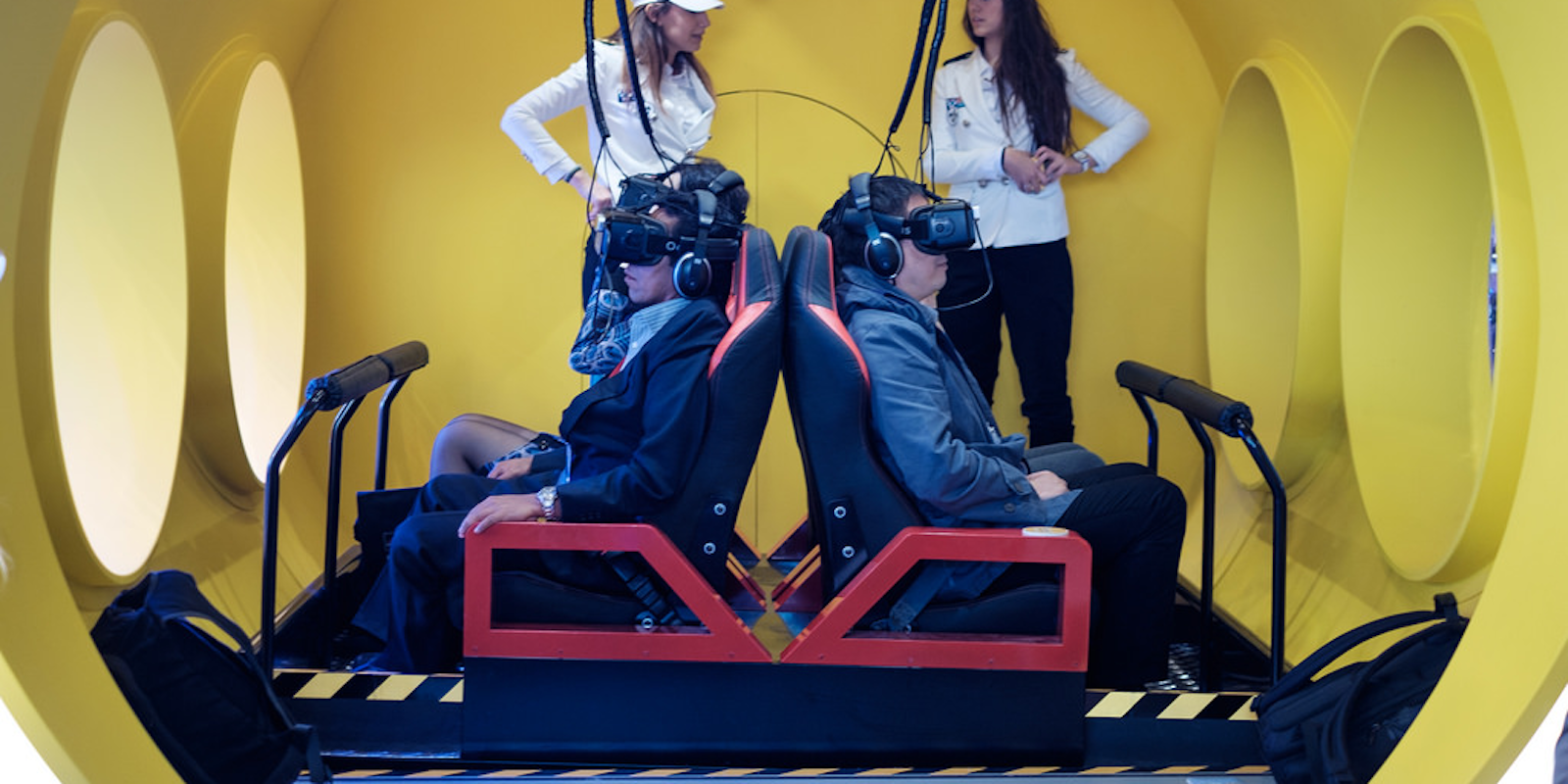What if you could experience what it’s like to hallucinate without actually having to down any hallucinatory drugs? Researchers in the United Kingdom have made that possible.
Researchers at the Sackler Center for Consciousness Science at the University of Sussex in England have created what they call a “hallucination machine.” It’s comprised of virtual reality-viewed 360-degree panoramic nature scenes convoluted by Google‘s DeepDream neural network.
“Altered states of consciousness, such as psychotic or pharmacologically-induced hallucinations, provide a unique opportunity to examine the mechanisms underlying conscious perception,” write the study authors in their abstract in Nature.
Unfortunately, when scientists normally study the brain under the influence of psychedelics, it can be difficult to isolate what’s specifically related to conscious perception and what’s just a physiological and cognitive effect of having taken a psychoactive substance. The “hallucination machine” offers a valuable new way to simulate and study the mind’s altered state without directly changing a person’s neurophysiology, the study authors say.
After creating this machine, the researchers performed two experiments. The first was simply to prove that the system recreates a visually psychedelic experience. Participants filled out questionnaires following the virtual reality experience, and the researchers concluded that their experiences mimicked what’s typically experienced when you take magic mushrooms. From there, the researchers confirmed that the experience doesn’t “evoke the temporal distortion commonly associated with altered states.”
However, between the DeepDream-altered scenes and the head-tracking offered by the VR headsets, the researchers were able to create fully immersive simulated hallucinations that would otherwise be impossible to achieve using a CGI-based virtual reality or a standard computer display.
In an interview with USA Today, study co-author Anil Seth said that the team’s technology will help us to better understand how the brain generates all kinds of visual experiences (not just hallucinogenic ones). It will also give insights into conscious perception and what changes in the brain cause a visual hallucination.
H/T USA Today


